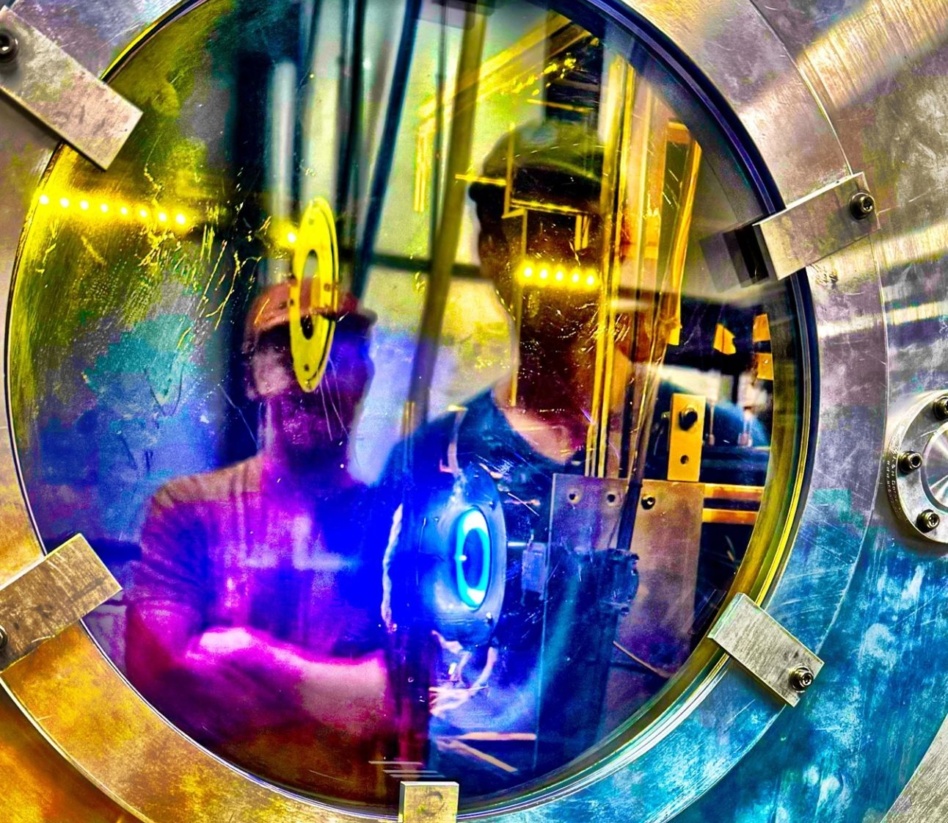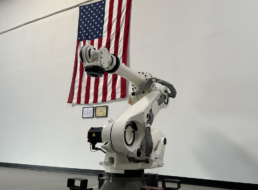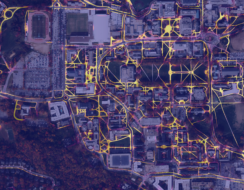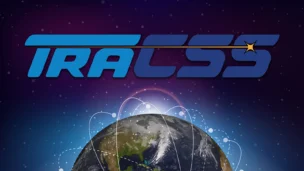CisLunar Industries was founded to recycle metals in space by ingesting defunct spacecraft and debris and spitting out usable materials for in-space manufacturing and assembly.
There’s just one problem: founder and CEO Gary Calnan told Payload he doesn’t see a commercial market for materials on the Moon “for several more years, getting towards the end of the decade.”
But that’s not stopping the startup from going to market with other tech developed along the way. An advanced Power Processing Unit (PPU) has other applications that are in high demand: Most notably, driving electric thrusters for small spacecraft that the US government is ordering by the hundreds.
“We’re still going to develop that materials processing capability, and it uses the same power capability that we make for these people to use,” Calnan told Payload. “This has just emerged as an opportunity, and also happens to be a pretty big market in and of itself.”
Proliferate! The US Space Development Agency has ordered ~500 new spacecraft for LEO constellations that will support the US military. The resulting demand for components, particularly Hall Effect Thrusters, has put pressure on supply chains and increased the demand for PPUs to drive them.
CisLunar’s space foundry had big power requirements, which forced them to develop their PPU, a device that converts electricity from solar panels or batteries to the needed current and voltage. CisLunar execs say their device is smaller and more efficient than others on the market.
“It was the size of a toaster oven, now it’s like the size of a couple decks of cards,” Calnan said. PPUs that produce 500 to 1,000 watts of power are in the highest demand, according to Calnan, but the company has also built PPUs that deliver 2 KW and 5 KW.
Demand signal: The market is reacting to the Space Force’s needs by standing up new manufacturing lines for satellite busses and propulsion systems. Steve Kiser, the CEO of Phase Four, which builds electric thrusters, said there are few PPUs on the market now, with most companies building them in-house, but that’s a time-consuming process that becomes harder as the power level rises.
Market response: CisLunar has joined a new consortium—led by the Rochester Institute of Technology and the University of Michigan—that is receiving $45M in Space Force funding to develop new electric propulsion systems.
The company also announced last month that it is providing PPUs for an OTV being built by Atomos Space. Calnan said he is in talks with a variety of propulsion companies about purchasing the PPU, and plans to build a facility that can manufacture tens per month in the next year.




